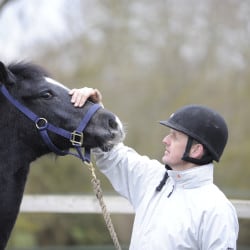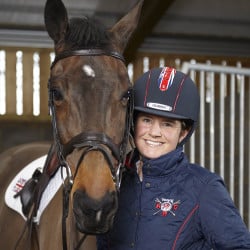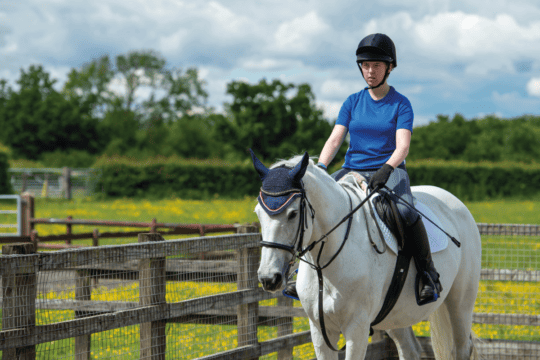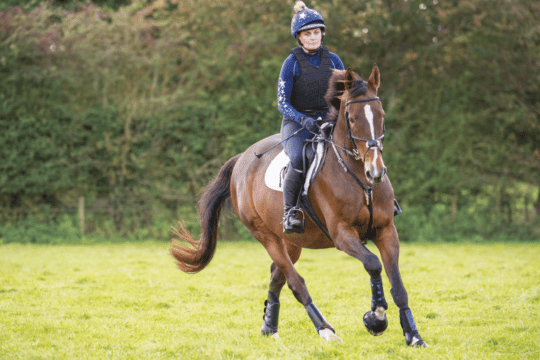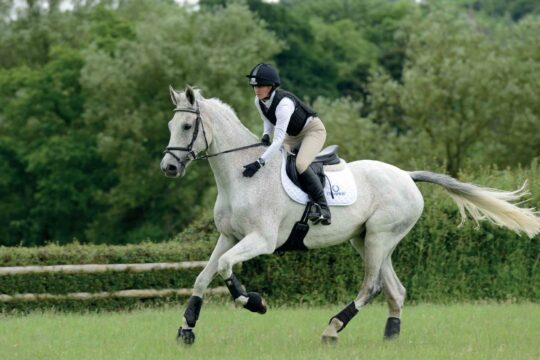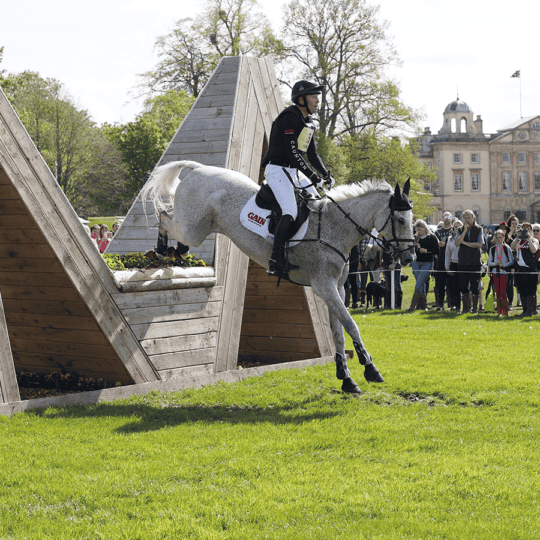The conversation between you and your horse is constant – whether it’s body language, words or actions – and can have a big effect on him. Anna Saillet explains how
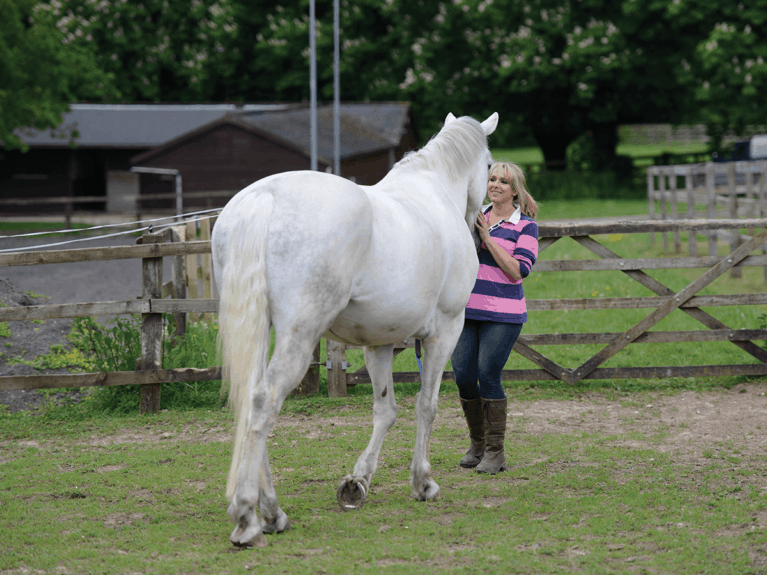
The conversation between you and your horse is constant – whether it’s body language, words or actions – and can have a big effect on him. Anna Saillet explains how
Here’s a thought to mull over for a moment – every minute you spend with your horse you’re training him, whether or not you intend to. From groundwork and handling to riding, your behaviour can have a huge impact on the horses you spend time with. It seems obvious, then, that it’s important to be mindful when interacting with any horse. Your horse uses every one of your actions to learn about you, which in turn shapes the way he responds. If you lack awareness of your own actions, it’s easy to accidentally reinforce behaviours without realising it. Unfortunately, these are often the ones we don’t want our horses to do.
Imagine a horse who kicks his stable door in the hope of getting some attention. If you become frustrated with him and either go towards him to tell him to stop or perhaps throw a bit of hay into his stable to keep him quiet, your behaviour very quickly allows the horse to create an association between banging on the door and getting attention. His behaviour is reinforced, which will then cause the behaviour to happen more frequently. Of course, not every horse bangs the door because he wants attention and this behaviour can occur for many different reasons, but it’s important to understand that your actions and their timing will have an effect on your horse’s behaviour.
We all have busy lives and are often preoccupied with things that are happening at work or home when we’re caring for our horses. This means that we’re not truly ‘in the moment’ with them and our focus drifts away easily. This can lead not only to us making mistakes with our horses, but also means that we may miss the subtle messages that they’re trying to communicate with us. Some people come across as natural horsemen and women who seem to find working with horses much easier than other people. These people are usually those who have developed an ability to leave their stresses and troubles at the yard gate, have a calm demeanour, and are soft, gentle and predictable in their movements. Let’s not forget hat horses are very sensitive animals who have evolved to respond to the slightest of signals and are likely to also be able to detect our emotional state through the processing of our pheromones.
To find out more about what how you might be unknowingly communicating with your horse, get your copy of February Horse&Rider here, on sale 15 December.

